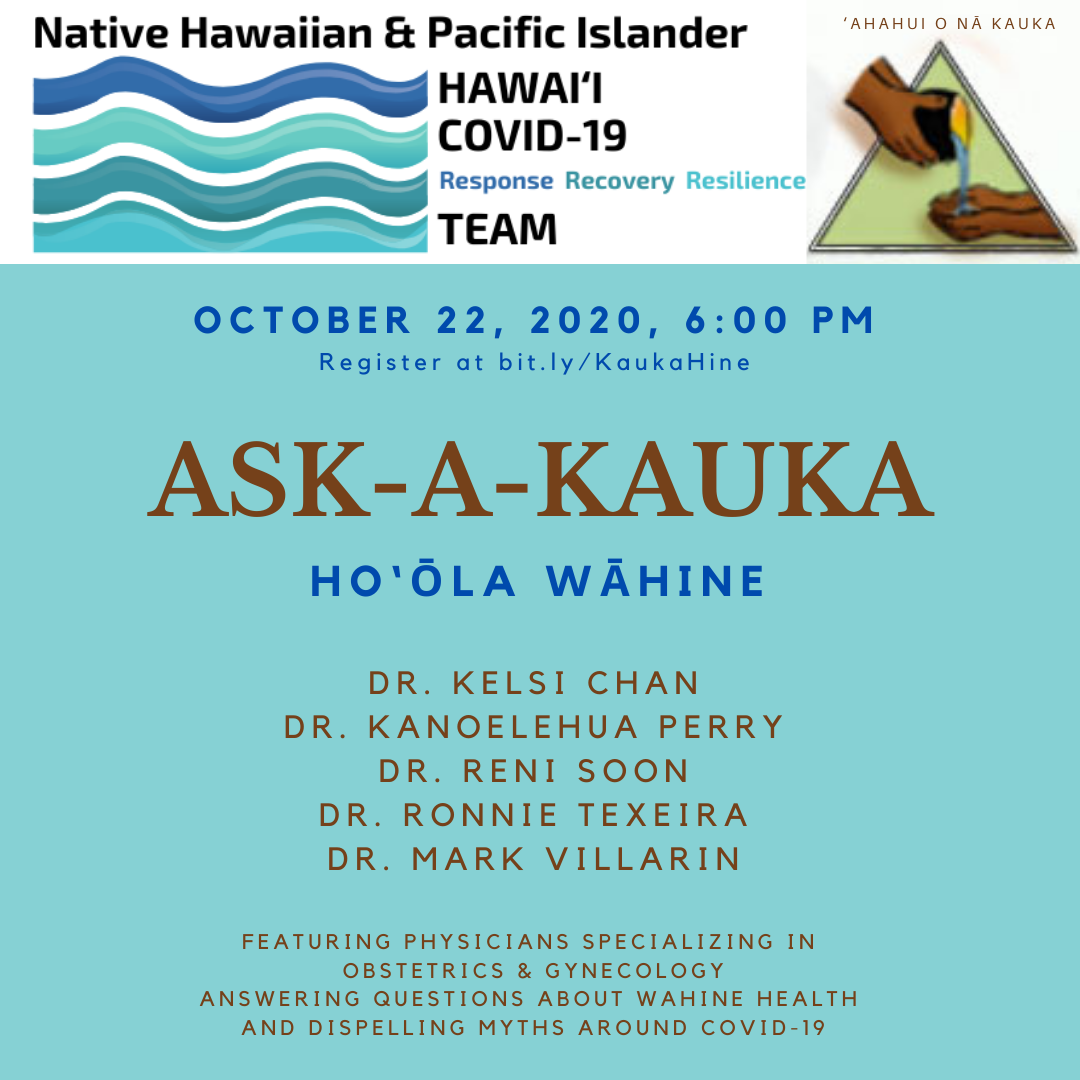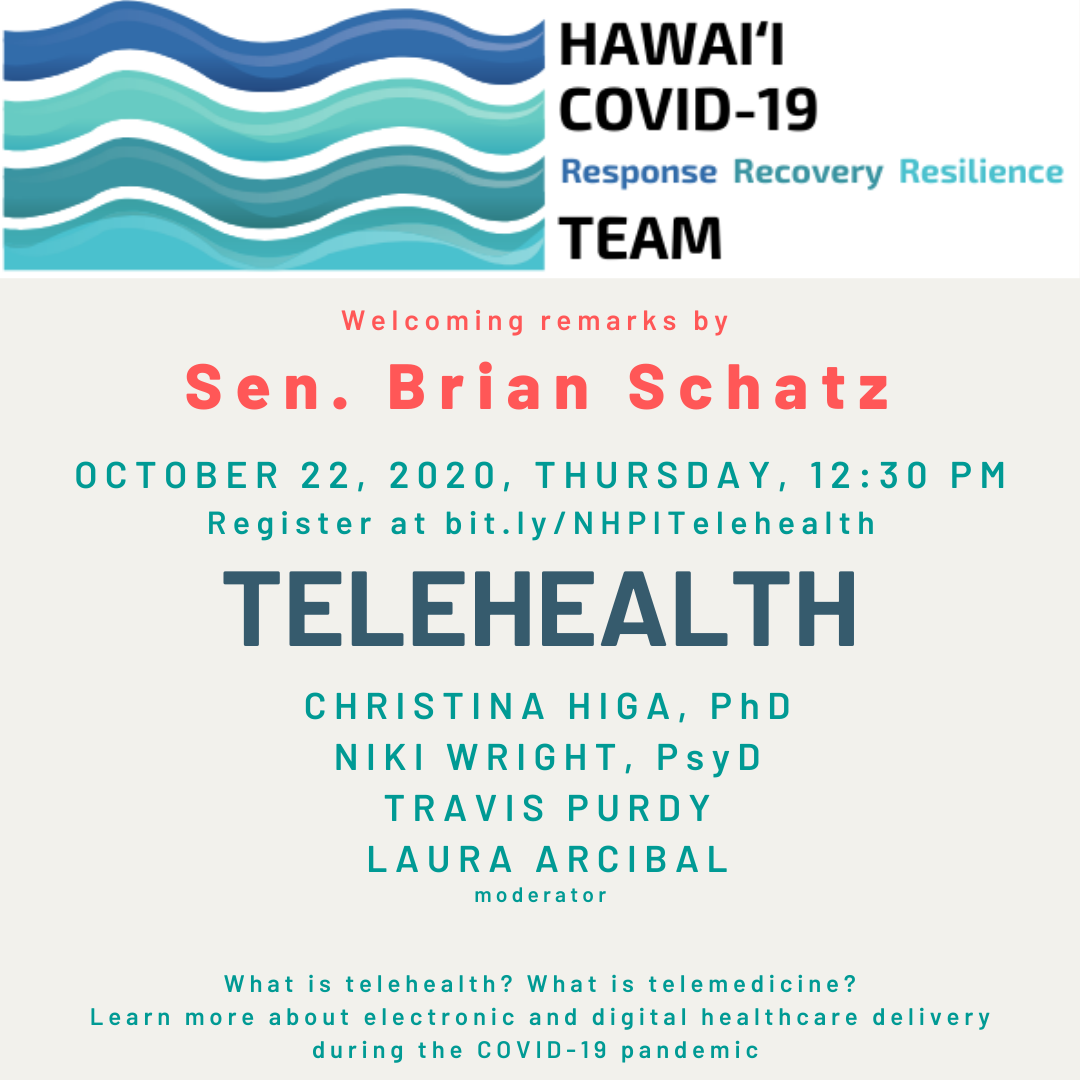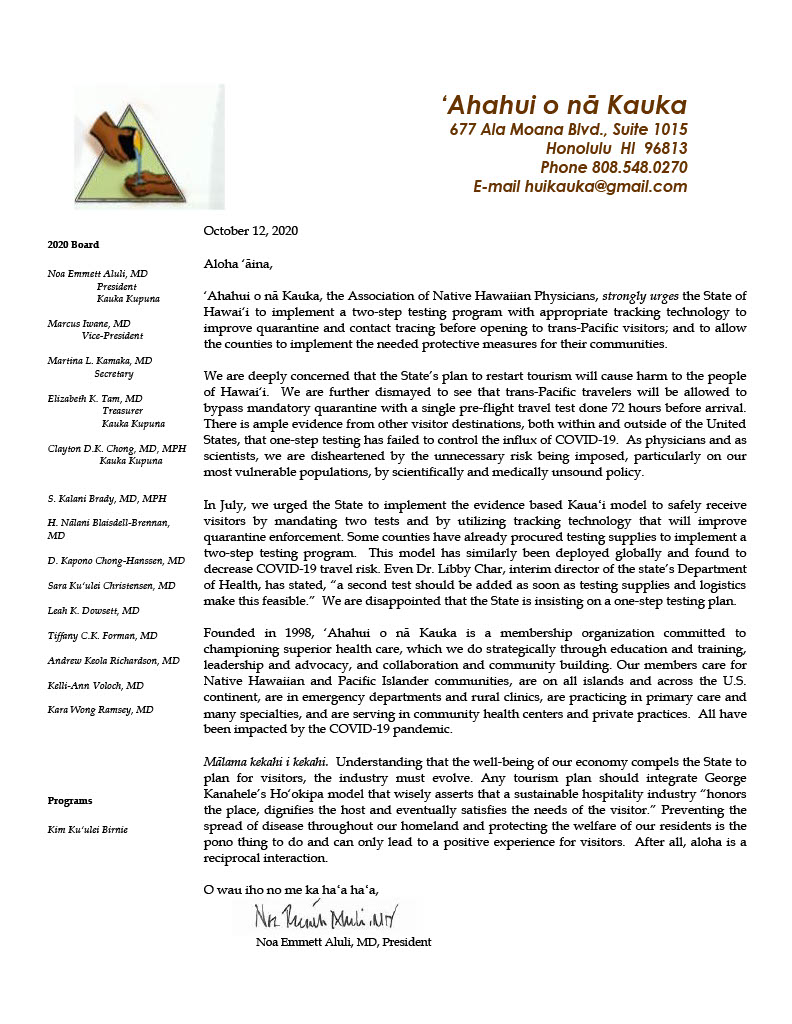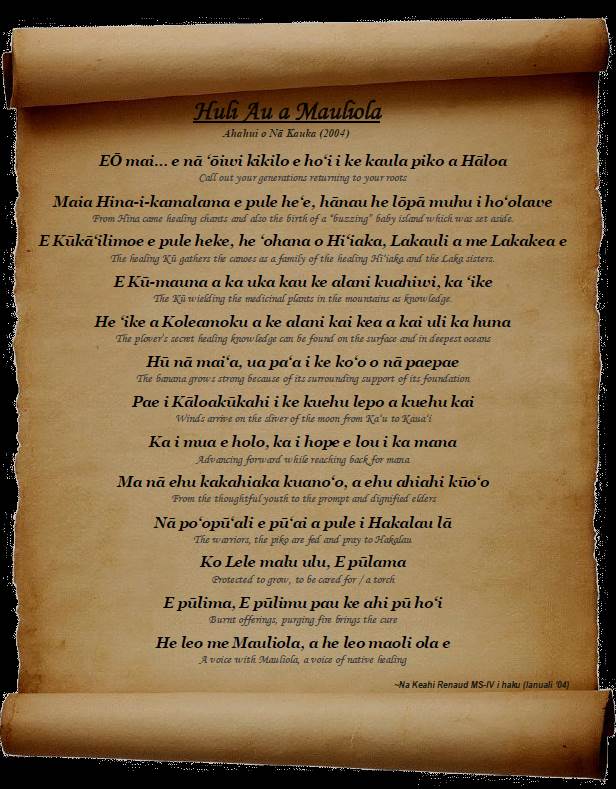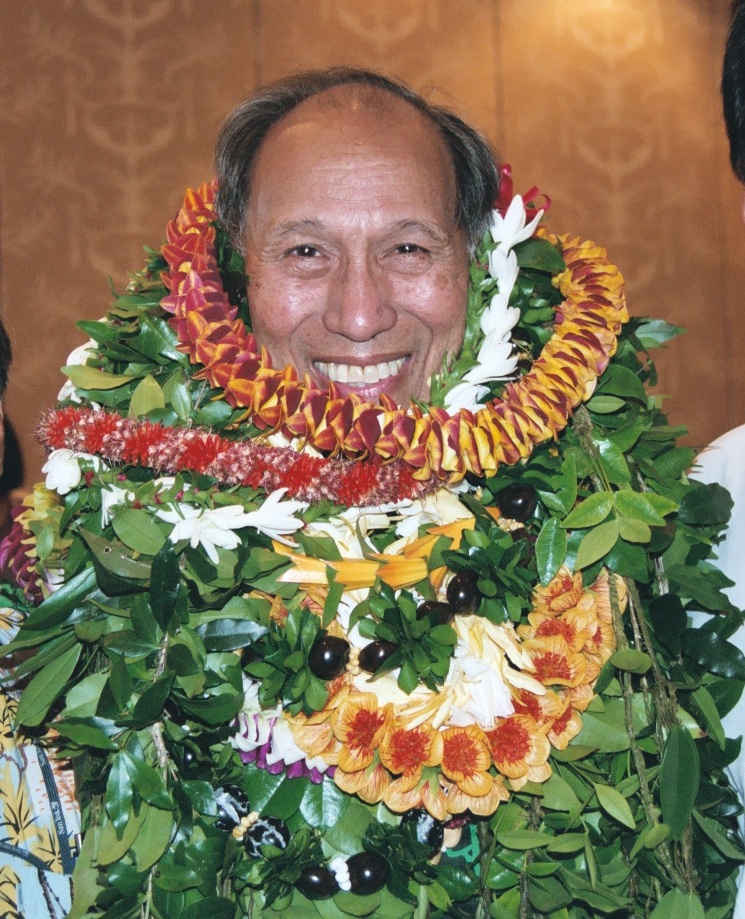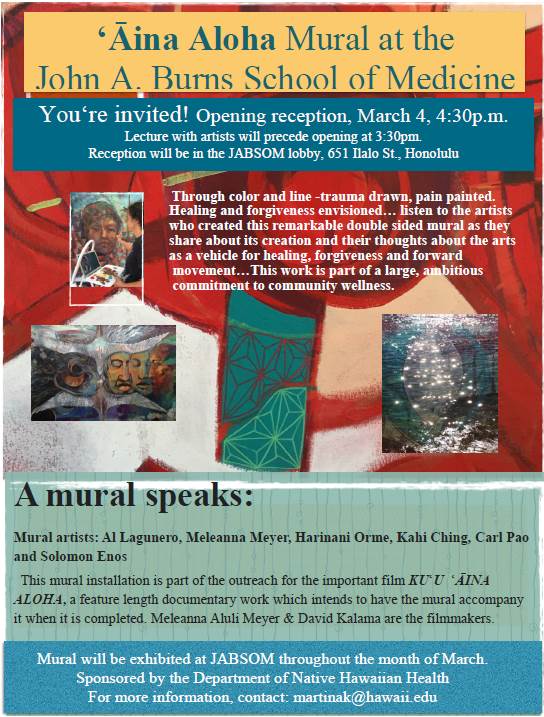ASK-A-KAUKA – Ho’ola Wahine – Oct 22, 2020, 6:00 PM
Sen. Schatz opens webinar on Telehealth
Hawaiian physicians ask governor to rethink incoming traveller program
ASK-A-KAUKA – A conversation about vaccines and COVID-19
ʻAhahui o nā Kauka Supports the Black Lives Matter movement
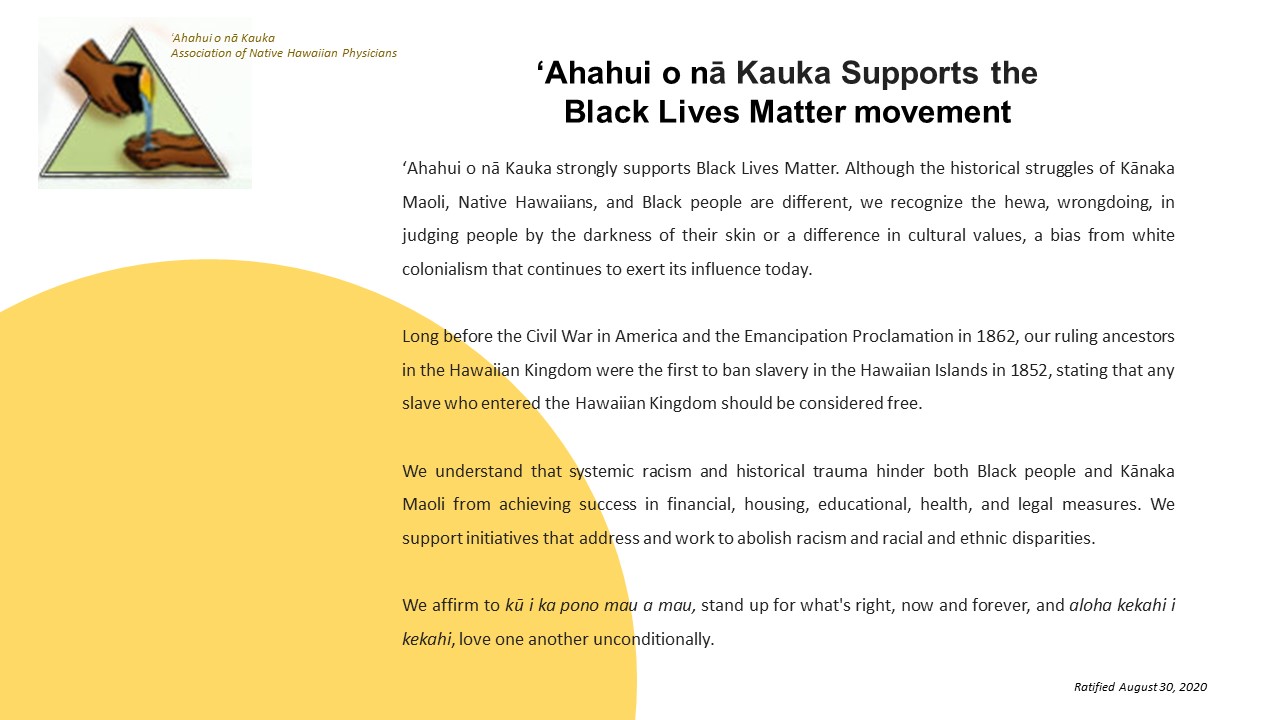
Announcing PRIDoC 2020
We’re so pleased to announce that the hand-off from ‘Ahahui ‘o nā Kauka to IPAC (Indigenous Physicians Association of Canada) is successful. The planners at PRIDoC 2020 are now accepting abstracts to shape the program, and registration has opened.
Explore the PRIDoC 2020 website for this information, and more details as they become available.
‘Ahahui ‘o nā Kauka hosts PRIDoC 2018!
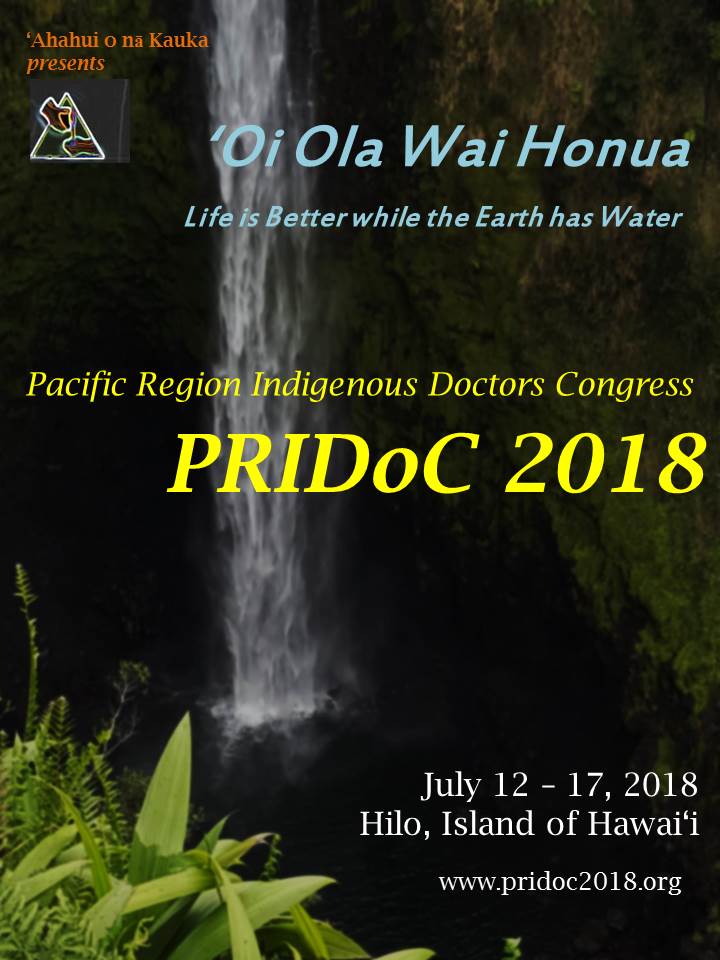
‘Ahahui ‘o nā Kauka is pleased to be hosting the Pacific Region Indigenous Doctors Congress this July in Hilo on the Island of Hawai‘i.
PRIDoC is an indigenous space for indigenous physicians and students, researchers and health professionals from across the Pacific to gather around shared issues of well-being among the many indigenous communities throughout and around the Pacific.
The theme, ‘Oi Ola Wai Honua, was given to us by Aunty Pua Kanahele. This translates as “life is better while the earth has water” and reminds us of the importance of caring for our resources, as well as those of us who also function as resources to our people. We hope that this theme will inspire the exchange of ideas and collective knowledge that will enable our communities and us to thrive physically, emotionally, spiritually, socially and culturally.
For more information and to register for the gathering, please go to www.pridoc2018.org.
Huli Au a Mauliola – Kauka hui’s own oli
Next practice:
- FRIDAY, March 11, 2016
- 5:30 – 8:00 PM
- JABSOM, MEB #304
Meanwhile listen to the audio here.
Ho‘olewa for Dr. Kekuni Blaisdell on Saturday, March 12th
John A. Burns School of Medicine
651 Ilalo Street, Kaka‘ako, O‘ahu
9:00 AM Ho‘okipa – Visitation
11:00 AM Services
12:30 PM Nā Hali‘a Aloha – Remembrances
Parking is available in three nearby lots. Download map.
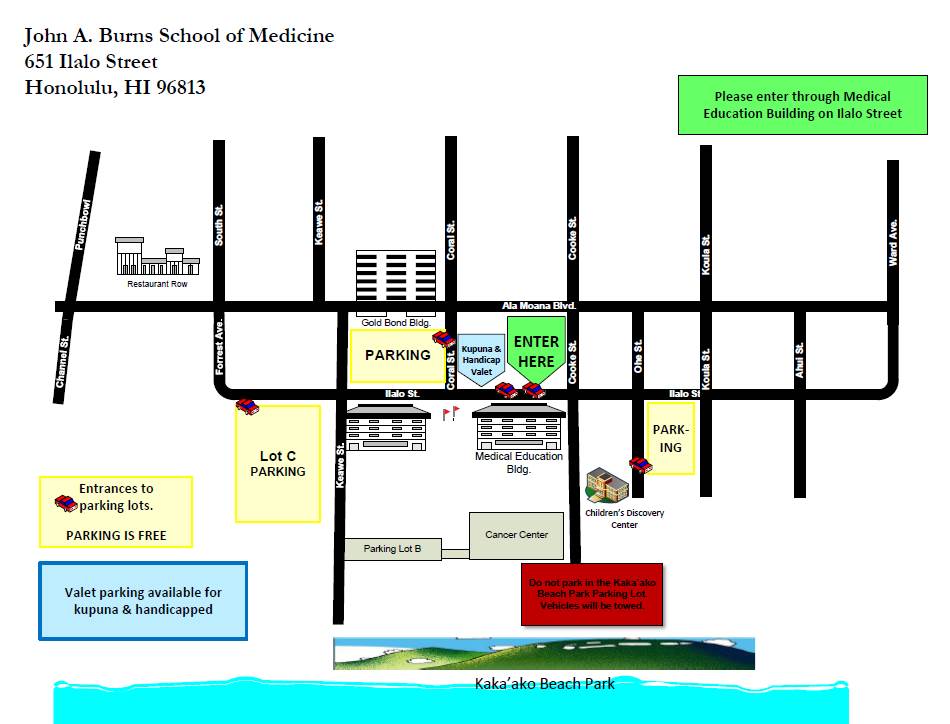
Enter a caption
Online tributes may be shared here. Donations may be made to the Dr. Kekuni Blaisdell Proposed Endowed Chair in Native Hawaiian Health at the John A. Burns School of Medicine (account #127-2010-2). Checks may be made payable to UH Foundation or click here to donate online.
Aloha ‘Āina Mural exhibit at JABSOM
ASK-A-KAUKA – Ho’ola Wahine – Oct 22, 2020, 6:00 PM
Sen. Schatz opens webinar on Telehealth
Hawaiian physicians ask governor to rethink incoming traveller program
ASK-A-KAUKA – A conversation about vaccines and COVID-19
ʻAhahui o nā Kauka Supports the Black Lives Matter movement

Announcing PRIDoC 2020
We’re so pleased to announce that the hand-off from ‘Ahahui ‘o nā Kauka to IPAC (Indigenous Physicians Association of Canada) is successful. The planners at PRIDoC 2020 are now accepting abstracts to shape the program, and registration has opened.
Explore the PRIDoC 2020 website for this information, and more details as they become available.
‘Ahahui ‘o nā Kauka hosts PRIDoC 2018!

‘Ahahui ‘o nā Kauka is pleased to be hosting the Pacific Region Indigenous Doctors Congress this July in Hilo on the Island of Hawai‘i.
PRIDoC is an indigenous space for indigenous physicians and students, researchers and health professionals from across the Pacific to gather around shared issues of well-being among the many indigenous communities throughout and around the Pacific.
The theme, ‘Oi Ola Wai Honua, was given to us by Aunty Pua Kanahele. This translates as “life is better while the earth has water” and reminds us of the importance of caring for our resources, as well as those of us who also function as resources to our people. We hope that this theme will inspire the exchange of ideas and collective knowledge that will enable our communities and us to thrive physically, emotionally, spiritually, socially and culturally.
For more information and to register for the gathering, please go to www.pridoc2018.org.
Huli Au a Mauliola – Kauka hui’s own oli
Next practice:
- FRIDAY, March 11, 2016
- 5:30 – 8:00 PM
- JABSOM, MEB #304
Meanwhile listen to the audio here.
Ho‘olewa for Dr. Kekuni Blaisdell on Saturday, March 12th
John A. Burns School of Medicine
651 Ilalo Street, Kaka‘ako, O‘ahu
9:00 AM Ho‘okipa – Visitation
11:00 AM Services
12:30 PM Nā Hali‘a Aloha – Remembrances
Parking is available in three nearby lots. Download map.

Enter a caption
Online tributes may be shared here. Donations may be made to the Dr. Kekuni Blaisdell Proposed Endowed Chair in Native Hawaiian Health at the John A. Burns School of Medicine (account #127-2010-2). Checks may be made payable to UH Foundation or click here to donate online.
Aloha ‘Āina Mural exhibit at JABSOM
ASK-A-KAUKA – Ho’ola Wahine – Oct 22, 2020, 6:00 PM
Sen. Schatz opens webinar on Telehealth
Hawaiian physicians ask governor to rethink incoming traveller program
ASK-A-KAUKA – A conversation about vaccines and COVID-19
ʻAhahui o nā Kauka Supports the Black Lives Matter movement

Announcing PRIDoC 2020
We’re so pleased to announce that the hand-off from ‘Ahahui ‘o nā Kauka to IPAC (Indigenous Physicians Association of Canada) is successful. The planners at PRIDoC 2020 are now accepting abstracts to shape the program, and registration has opened.
Explore the PRIDoC 2020 website for this information, and more details as they become available.
‘Ahahui ‘o nā Kauka hosts PRIDoC 2018!

‘Ahahui ‘o nā Kauka is pleased to be hosting the Pacific Region Indigenous Doctors Congress this July in Hilo on the Island of Hawai‘i.
PRIDoC is an indigenous space for indigenous physicians and students, researchers and health professionals from across the Pacific to gather around shared issues of well-being among the many indigenous communities throughout and around the Pacific.
The theme, ‘Oi Ola Wai Honua, was given to us by Aunty Pua Kanahele. This translates as “life is better while the earth has water” and reminds us of the importance of caring for our resources, as well as those of us who also function as resources to our people. We hope that this theme will inspire the exchange of ideas and collective knowledge that will enable our communities and us to thrive physically, emotionally, spiritually, socially and culturally.
For more information and to register for the gathering, please go to www.pridoc2018.org.
Huli Au a Mauliola – Kauka hui’s own oli
Next practice:
- FRIDAY, March 11, 2016
- 5:30 – 8:00 PM
- JABSOM, MEB #304
Meanwhile listen to the audio here.
Ho‘olewa for Dr. Kekuni Blaisdell on Saturday, March 12th
John A. Burns School of Medicine
651 Ilalo Street, Kaka‘ako, O‘ahu
9:00 AM Ho‘okipa – Visitation
11:00 AM Services
12:30 PM Nā Hali‘a Aloha – Remembrances
Parking is available in three nearby lots. Download map.

Enter a caption
Online tributes may be shared here. Donations may be made to the Dr. Kekuni Blaisdell Proposed Endowed Chair in Native Hawaiian Health at the John A. Burns School of Medicine (account #127-2010-2). Checks may be made payable to UH Foundation or click here to donate online.

